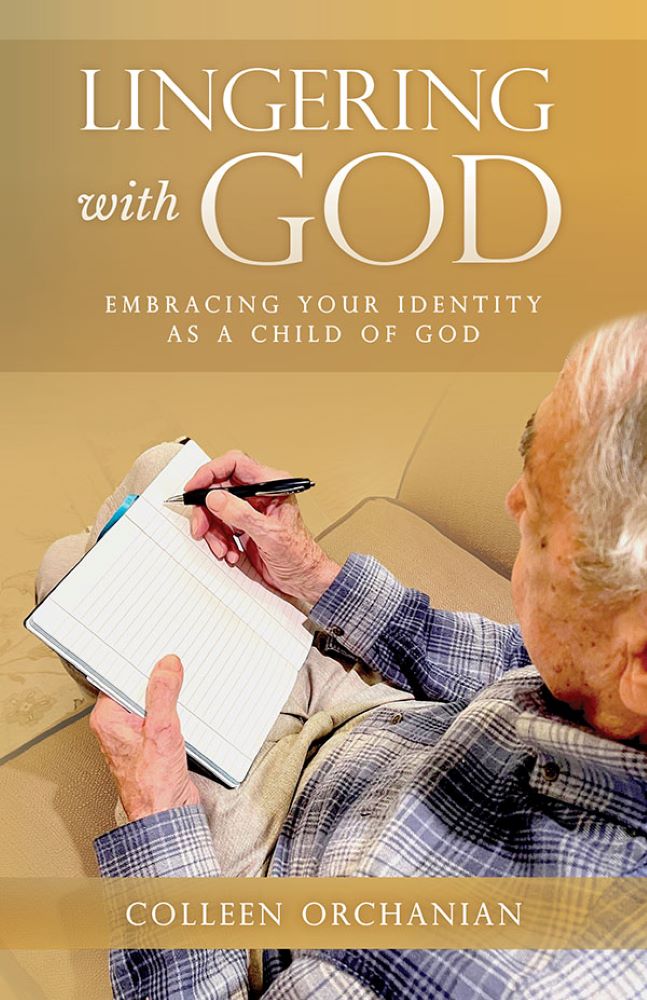No Offense
 I heard this at church the other day: Good Catholics don't offend others. It was stated as a fact – and maybe as a way to encourage others to dismiss the clear teachings of the Church. You could replace Catholic with Christian and it would have the same meaning. A good Christian doesn't offend others. I have been thinking about this and trying to find the truth in the statement because there is some truth to it.
I heard this at church the other day: Good Catholics don't offend others. It was stated as a fact – and maybe as a way to encourage others to dismiss the clear teachings of the Church. You could replace Catholic with Christian and it would have the same meaning. A good Christian doesn't offend others. I have been thinking about this and trying to find the truth in the statement because there is some truth to it.
I have offended people in my life. Sometimes it is because I said what I thought and didn't filter those thoughts. Other times I was trying to be funny, without considering the offense. Sometimes it was my pride reacting to someone else's words or actions toward me. In these cases, when I offend others, I'm not being a good Catholic (or Christian). As I advance in the spiritual journey, I am more careful about the words I say so that I don't give offense because of a lack of charity or humility on my part. That’s where the truth of the statement lies.
There are other times I have offended but it wasn't my fault. The other person was triggered by something and I could not have known that in advance. Anyone else in the situation would not have been offended. It was their issue. The fact that someone took offense doesn't mean that I was the cause of that offense, so I can still be a good Christian even if it appears that I offended another person.
So all of those thoughts were going through my mind as I pondered that statement – A good Catholic doesn't offend others. What I concluded is that the statement is not true. Offending someone doesn’t determine how good a Catholic Christian I am. How do I know? Because the Bible tells me so. Jesus offended people plenty!
Luke 7:36-50 is the story of Jesus eating at Simon the Pharisee's house. A sinful woman comes in and anoints Jesus' feet with her tears and the Pharisee is judging the woman in his mind. Jesus tells him, Do you see this woman? I entered your house, you gave me no water for my feet, but she has wet my feet with her tears and wiped them with her hair. He goes on to say other things the Pharisee didn't do as a good host. Surely the Pharisee was offended. He was called out in front of his guests. If we believe that a good Christian doesn't offend others, we have to conclude that Jesus was not a good Christian, and we know that is a lie.
In Matthew 12:34, Jesus calls the scribes and Pharisees a brood of vipers. In other places He calls them whitewashed tombs and blind fools. Some might consider that offensive. But Jesus said it and didn't worry about offending.
The week before he was crucified, Jesus went into the Temple and turned over the tables (Matthew 21:12-16). He tells them that they have turned God’s house of prayer into a den of robbers. That's pretty offensive. But I'm sure that Jesus was a good Christian.
When the Sadducees came to Jesus to trick him, they posed a question about seven brothers who died. Each was married to the same woman and they wanted to know whose wife she would be in heaven (Matthew 22:25-30). Jesus answered, You are wrong because you know neither the Scriptures nor the power of God. Imagine that! You're one of the most educated of the time, and he tells you you don't know anything. I might have taken offense at that.
Many times he said to the apostles, How do you not understand this yet? Maybe not in those exact words, but that was the message. Sometimes they needed to hear it that way. It's like a child when you say, Honey don't do that. I said don't do that. Stop, please. Enough! We try to speak gently, but there are times when we have to get loud. And sometimes offensive.
A final example is when Jesus says to Peter, who He just named the rock of the Church, Get behind me, Satan. I would be very offended if someone referred to me as Satan. Jesus offended plenty.
So we cannot make a blanket statement that a good Catholic or Christian does not offend others. It may be helpful to have some rules for discerning when we should offend and when we should not.
Rule 1: Don't offend out of personal pride. Jesus was humble. He didn't offend because people didn't respect him. He found teachable moments. He called people out who should have known better. He was humbling the proud, but it wasn’t about Him.
Rule 2: Don't assume that you are the cause of the offense. When I had my own business, one of my employees was very difficult to correct. She always got defensive. I was teaching management skills at the time, and I struggled to understand what I was doing wrong. Finally, I asked her how I could give feedback in a way that she could receive it. She answered, "You can't. I will always get defensive. I grew up knowing I have to be perfect, and when I'm not, I don’t like it." It's good to question if you're doing it wrong. That's how we learn and grow. But sometimes it's not our fault.
Rule 3: (Most important) Choose who you will offend. Jesus chose to offend those doing wrong rather than to offend God the Father. That's a choice we have to make as well. If you are visiting a friend for game night and she wants to play with the Ouija board, you shouldn't worry about offending her. It's her or God. Speak truth into the situation. If someone tells a joke that mocks God, it's okay to offend. God may be calling you to speak truth into the situation. If someone wants you to sin, saying "It's no big deal. Be a good friend and do this with me," you should offend and say no. Acts 5:29 says We ought to obey God rather than men. When I worry more about offending other people than I do about offending God, something is wrong.
Our sins offend God. I am Catholic, and there are some very clear teachings given to us by the Catholic Church. As a professed Catholic, I have to and want to abide by those teachings. If I fear offending someone who doesn't know the teachings, and then ignore those teachings so the other person is satisfied, I am offending God. I have chosen poorly.
If we feel called to correct a brother or sister, 1 Peter 3:15 tells us how: Always be prepared to make a defense to anyone who calls you to account for the hope that is in you, yet do it with gentleness and reverence, and keep your conscience clear. We can correct without offending, and we should make every effort to do that, but sometimes it's not possible.
My challenge to you is to bring into prayer this idea of offending others – or not. Ultimately, we want to follow God's prompting when it comes to speaking truth into the world. Jesus shows us the way. We need prudence, courage, and charity to do it well. I pray that God gives you those gifts.
Questions for prayer:
-
Do you worry about offending others? Should you worry more or less about this?
-
How is God calling you to speak His truth in the world? What obstacles related to offending others do you need to overcome?

